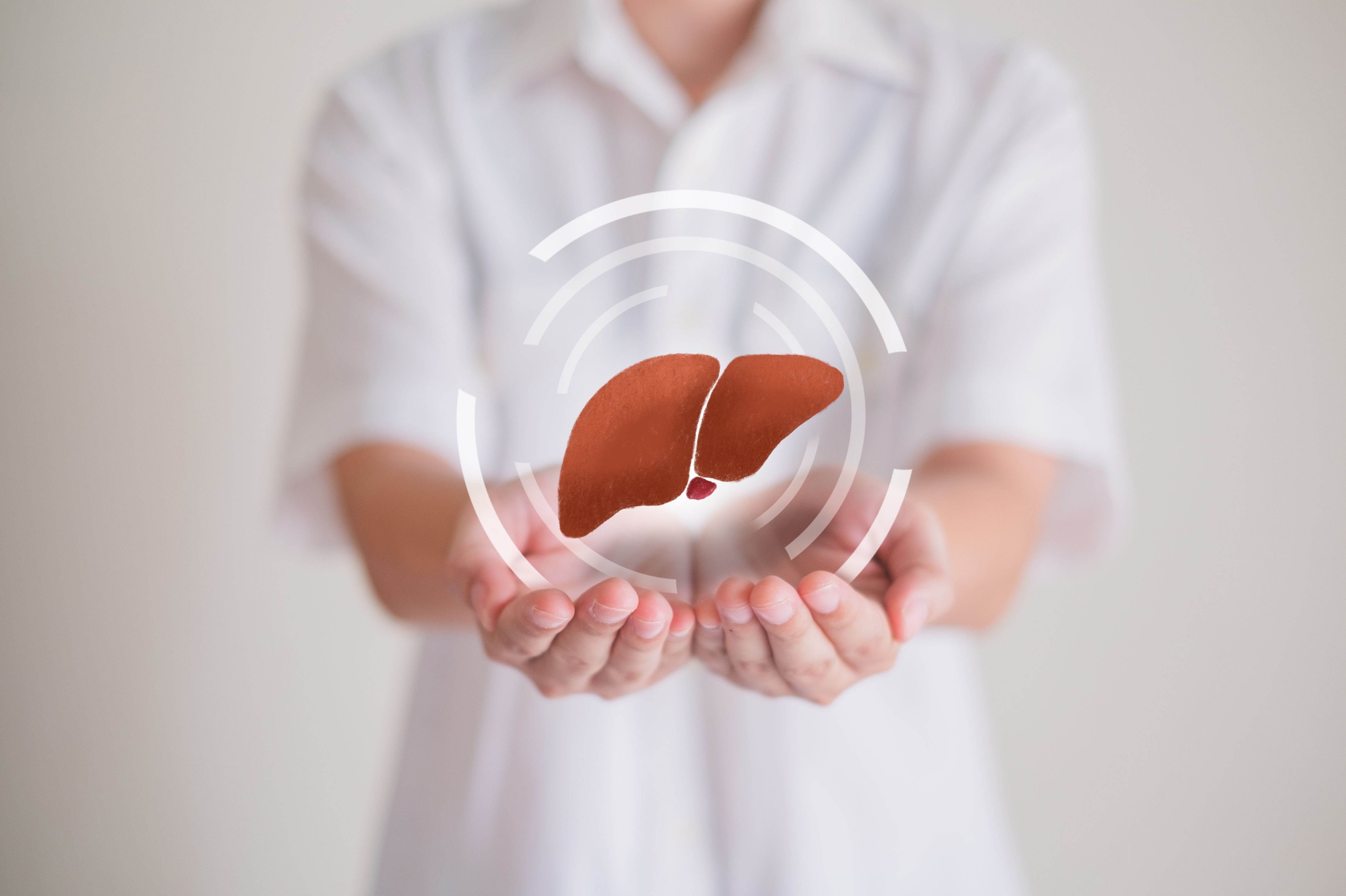
(Vienna, 17 October 2023) An underlying liver disease can be found in 85% of patients with a new diagnosis of liver cancer. Due to the increasing incidence of fatty liver disease, the number of liver cancer diagnoses could increase by up to 50% by 2040. Affected people with advanced liver disease should be included in early detection programs. This is the advice of experts at MedUni Vienna's Clinical Department of Gastroenterology and Hepatology to mark the international ‘Liver Cancer Awareness Month’ October.
In 2020, just under one million people were newly diagnosed with liver cancer and just over 800,000 patients lost their lives to the disease worldwide. Globally, liver tumours are the second leading cause of cancer-related deaths in men and the sixth leading cause in women 1. Studies have shown that new liver cancer diagnoses could increase by up to 50% by 2040 due to the increasing incidence of fatty liver disease ².
Early detection is important
The special feature of liver cancer is that in about 85% of cases, this disease occurs in patients with underlying liver diseases. These include viral hepatitis, fatty liver disease caused by metabolic risk factors or alcohol intake and a variety of rare diseases, including those with a genetic background. Patients with advanced liver damage due to these diseases should be included in early detection programs, which include a blood test and an ultrasound examination twice a year. Effective screening examinations could detect many malignant liver tumours at an earlier stage, when the disease is potentially curable. While these screening tests are established in Austria, they are unfortunately still underused.
However, there have also been many new developments in the palliative therapy of liver cancer in recent years - especially the effectiveness of immunotherapy with the aim of stimulating the body's own immune system to fight liver cancer cells leads to excellent results in some patients. Care of patients with liver tumours at an expert centre with high expertise in hepatology, liver surgery (with a liver transplant program), liver radiology, liver pathology, radiotherapy and oncology is crucial, as a combination of all available procedures often results in the best outcomes for our patients ³.
Modern therapeutic options improve survival
Unlike other cancer entities, the underlying liver function is also crucial for the treatment of liver tumours. While previous treatments often failed to prolong survival in patients with impaired liver function, novel therapies seem to be effective even in this patient population. "In some patients immunotherapy can even improve liver function," reports Matthias Pinter, head of the liver tumour outpatient clinic at the Department of Gastroenterology and Hepatology (Department of Internal Medicine III) at the Medical University of Vienna. Together with Bernhard Scheiner (also from the Department of Gastroenterology and Hepatology) and David J. Pinato from Imperial College in London, he recently summarized the existing literature in the top journal Lancet Gastroenterology and Hepatology 4. Scheiner adds: "In addition, we have started a pilot project in which patients are cared for not only by us doctors, but also by a qualified nurse specialised in liver diseases and liver tumours. With this project, we want to provide our patients with the closest possible and lowest-threshold care.
Interested persons can find more interesting information about the "Liver Cancer Awareness" month of October on the homepage of the European Liver Society:
easl.eu https://easl.eu/news/lcam23/
Literature
1. Sung H, Ferlay J, Siegel RL, et al. Global Cancer Statistics 2020: GLOBOCAN Estimates of Incidence and Mortality Worldwide for 36 Cancers in 185 Countries. CA Cancer J Clin 2021; 71(3): 209-49.
2. Rumgay H, Arnold M, Ferlay J, et al. Global burden of primary liver cancer in 2020 and predictions to 2040. J Hepatol 2022; 77(6): 1598-606.
3. Reig M, Forner A, Rimola J, et al. BCLC strategy for prognosis prediction and treatment recommendation: The 2022 update. J Hepatol 2022; 76(3): 681-93.
4. Pinter M, Scheiner B, Pinato DJ. Immune checkpoint inhibitors in hepatocellular carcinoma: emerging challenges in clinical practice. Lancet Gastroenterol Hepatol 2023; 8(8): 760-70.